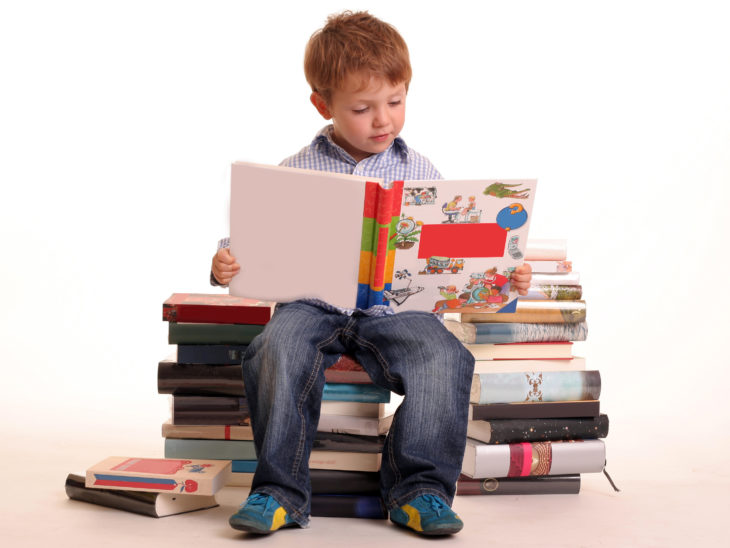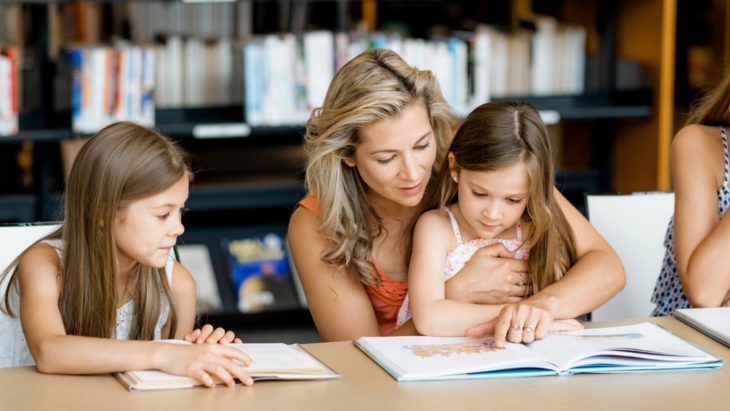That is a surprise to no one that nowadays children read in general a few books per year without enjoying this process. They tend to turn pages mechanically, so after they read a book, they may not remember anything. Sadly, they read only technically without taking in the material and turning on the imagination.
It is estimated, that the total volume of texts read by children is not decreasing drastically, but obviously today children read more electronic texts of different formats than paper books or journals.
This absolute indifference towards reading is predictable because children now have more interest in technology and computers. That seems bad in the eyes of their parents that was growing up before the computing evolution began, though it has certain benefits. Despite that, children should read more books and educate with or without paper textbooks.
Computer communication supposes not only passive reading but the constant production of texts. For example, they can buy assignment without even reading it. The orthography and calligraphy skills are challenged by the speed of typing and genre correspondence of the written text. The live communication is slowly being replaced by social media.

Img source: theschoolrun.com
The decreasing value of reading for a modern child is only a method of adaptation to fast-paced human development. The children haven’t become less curious, they are just gaining interest in other things. So if parents want to communicate with children, they can try to adapt to the modern conditions of the electronic world: understand how the computer works and accept the importance of electronic influence on society.
But how can we encourage kids to enjoy reading? These next 6 tips will give you some insight into this theme.
Contents
Become a good example for your child
Everybody knows that children copy their parents’ behavior and habits. If they don’t see the adults reading books at home, undoubtedly they would have a desire to grab a book in the free time. It is naive to think that you can make someone do things you don’t do yourself and don`t know how to do in general. So, the first advice – become an inspiration for your child
Surround them with books
Your children would have no choice if they grow up in the environment full of books. Now we are used to saving the place in the house, so the books on shelves are replaced with electronic gadgets. They are even considered to be an impossible retro, and they rarely fit innovative designs of modern flats. If your house doesn’t have even a single book and only equipped with the attributes of financial wealth, how will your child know that reading is good? Be sure that in a house filled with books, the child will grow up a reader.
Find time for reading together

Img source: readingeggs.co.uk
Juvenile literature is constantly novelized, so be sure you’ll find something interesting in children’s books.
Teach your child to create stories or do it with together
If the child would be interested in writing and creating stories, they will read books for inspiration. Retelling old fairytales in a new way, update ancient heroes with the new qualities – all of these will help to form the artistic imagination in your child. And people with this kind of imagination will always seek complicated and entertaining stories that can be recreated by them and their parents. They will reach out for a book.
Memorize poems with your child, but make fun with it
There are poems for children that they can easily understand, learn by heart and retell. Typically, children who play on the computers a lot don’t develop their oral speech and skill of expressing thoughts to others. Children can learn how to operate with texts not only during mechanical reading but in live communication and any kind of social situation.
Arrange performances inspired by famous book plots

Img source: CNN.com
Children are interested in the relationships between people and unusual characters. And when they can put themselves in places of their favorite heroes, they are passionately eager to examine their reality. They start learning the art of dialogue, and this is an important step towards the formation of narrative thinking.
